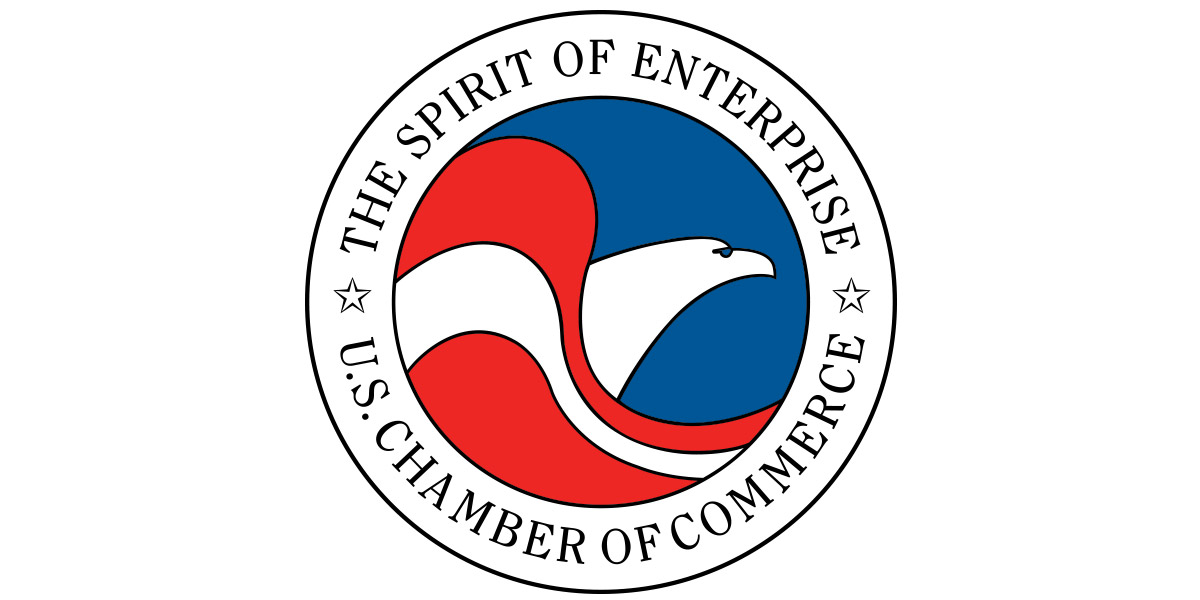Since the virus outbreak, the US Chamber of Commerce has lobbied the federal government to limit the use of a piece of legislation that gives the president the power to control reconvert plants to produce medical devices. A group of University of Chicago Booth School of Business students launched a campaign to write to the US Chamber of Commerce’s CEO and President; more than 250 students from different schools have joined them so far.

On April 2nd, weeks after the coronavirus outbreak became a national emergency, President Trump invoked the Defense Production Act to order some big American companies—General Electric Co., Hill-Rom Holdings Inc., Medtronic Public Limited Co., ResMed Inc., Royal Philips N.V., and Vyaire Medical—to reconvert their supply-chain in order to make medical ventilators.
The Defense Production Act is an obscure piece of legislation passed in 1950 as a response to the Korean War that gives the government the power to control industrial production during national emergencies, in the interest of national defense.
Why did it take so long for the Trump administration to invoke the Defense Production Act, despite the dramatic shortage of medical devices and protective equipment? We don’t know the answer, but we know that one of the biggest lobbying associations in the country, the US Chamber of Commerce, has lobbied to prevent the White House from doing so.
A US Chamber of Commerce position paper, published on March 20, argues that “amid the present national emergency, compelling industry to undertake massive changes to global production chains would be damaging” because the use of the Defense Production Act could “disrupt existing supply chains, exacerbate supply shortages, and elicit foreign retaliation.”
The paper also advocates pausing any project to make the US less dependent on import of foreign medical products and drugs: “Any discussion of measures to carry out the Administration’s stated objective of ‘repatriating supply chains’ for these sectors should be deferred until the current national emergency is past”.
MBA students are usually educated to accede to the supremacy of the shareholder value; they study how to maximize profits and stock prices, not how to run a state-controlled economy or how to manage a healthcare emergency. However, MBA students, at least Chicago Booth students, are perfectly aware that lobbyists’ priority is not to protect lives but only their clients’ interests.
Therefore, a group of Booth students launched “a letter campaign” to react to the US Chamber of Commerce efforts to limit the governments’ power in controlling the production of medical devices and life-saving ventilators.
“During World War II, we were worried about how many tanks GM could build, not whether it could make its quarterly earnings. In this national emergency, it’s not acceptable for corporate lobbyists to slow our national response in order to protect short-term profits,” Richard Day, one of the Booth MBA students who launched the campaign, tells ProMarket.
Brittany Coppola, one of the organizers of the group, explains that “While healthcare workers across the country are putting their lives at risk, the US Chamber of Commerce has successfully lobbied the Trump Administration to limit its use of the DPA. Our healthcare system needs supplies now and will continue to need them for the foreseeable future. Later is not an option.”
With some other fellow MBA students, they created a Google form with this very simple message:
“The biggest business lobby in the country, the US Chamber of Commerce has been lobbying against the use of the Defense Production Act. Experts believe the DPA is necessary to get our healthcare system the materials it needs.
Students at Booth have begun a letter writing campaign to the CEO of US Chamber of Commerce, Thomas Donohue, and its President, Suzanne Clark, asking them to publicly encourage the Trump Administration to expand its use of the Defense Production Act as appropriate and to take more aggressive measures to address shortages of critical equipment.”
Usually, MBA students are very careful in hiding their personal opinions during the program: they invest many months of their lives and hundreds of thousands of dollars to build a new career path and they don’t want to upset any potential future employer, especially large American corporations like the ones the US Chamber of Commerce is affiliated with.
But the pandemic crisis is a completely new environment that changed priorities and some of the usual reluctance to face big corporations vanished, as Day explains: “As business students, we feel some responsibility for the decisions made by Corporate America in this moment. Their people seem content to pitch their social impact work to us during MBA recruiting events on campus while their lobbyist in Washington, the US Chamber of Commerce, actively pressures the White House against taking necessary, lifesaving action through the Defense Production Act”.
More than 250 MBA students from different business schools–including Kellogg, HBS, Wharton, MIT Sloan, Tuck, Michigan Ross–have already sent letters to US Chamber of Commerce President and CEO to ask stop lobbying against the Defense Production Act.
If you’re interested, you can find more details about the initiative here.
ProMarket is dedicated to discussing how competition tends to be subverted by special interests. The posts represent the opinions of their writers, not necessarily those of the University of Chicago, the Booth School of Business, or its faculty. For more information, please visit ProMarket Blog Policy.







